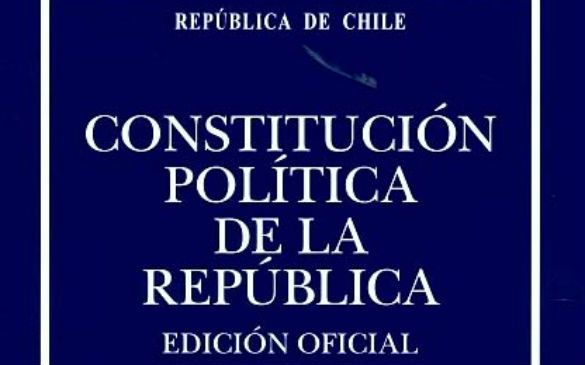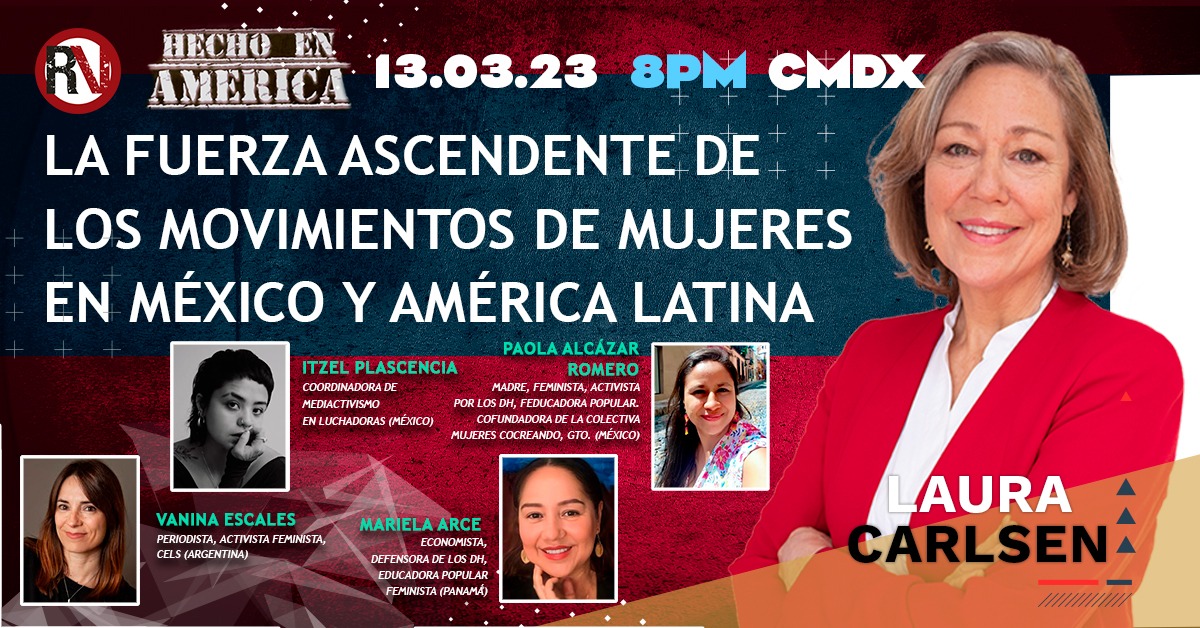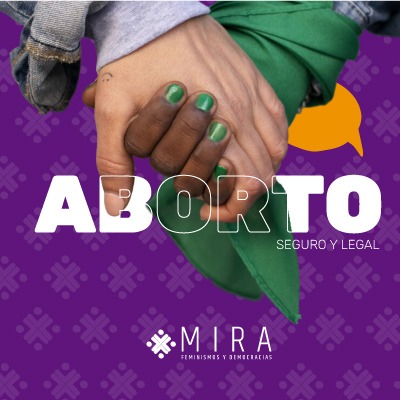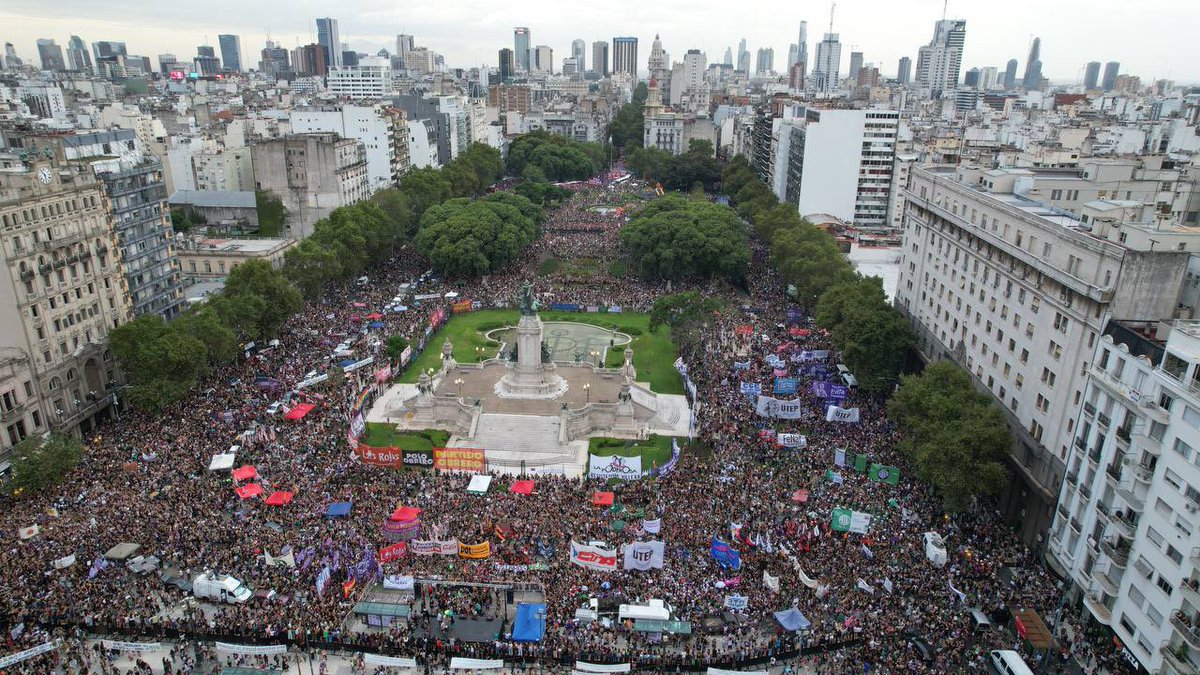 The results of the election on May 7th to form the 51 members of the Constitutional Council who will finalize the drafting of the new Constitution represent a defeat for the government of President Gabriel Boric and for all those, not necessarily identified with left-wing parties, who believe that the 1980 Constitution should be replaced. This sentiment was expressed when, during the government of President Sebastián Piñera, the referendum on the change of the Magna Carta took place and almost 80% of the population opted for drafting a new text through a Constituent Assembly.
The results of the election on May 7th to form the 51 members of the Constitutional Council who will finalize the drafting of the new Constitution represent a defeat for the government of President Gabriel Boric and for all those, not necessarily identified with left-wing parties, who believe that the 1980 Constitution should be replaced. This sentiment was expressed when, during the government of President Sebastián Piñera, the referendum on the change of the Magna Carta took place and almost 80% of the population opted for drafting a new text through a Constituent Assembly.
Rewinding time
This action was part of the Peace Agreement signed between that government and the opposition forces to end the historic protests that arose throughout the country in October 2019. The increase in metro fares was the spark that ignited the country. In Chile, there was a situation of social discontent, which was hidden behind the macroeconomic order, sustained growth, and one of the highest per capita GDP in the region.
High levels of inequality and a middle class living on the brink of the poverty line, along with declining social mobility that was growing faster than upward mobility, were plaguing Chilean society. The focal points of discontent focused on the failure of the private pension system and the increasing differences in the quality of the public and private education systems. The massive marches of high school students in 2006 and 2011, and those organized by the “No more AFP” movement against the Pension Fund Administrators in 2016 were some of its antecedents.
After the victory of the “Yes” vote for changing the Constitution in that October of 2020, the 155 constituents who would draft it were elected in May 2021. On the same date, regional governors (for the first time), mayors, and council members were also elected. The result was conclusive: independents won with 42% of the votes, followed by representatives of more radical left-wing forces grouped in the Apruebo Dignidad coalition (Broad Front, Communist Party, and other smaller parties). The results marked the beginning of the decline of moderate right-wing parties led by Sebastián Piñera and center-left parties that had alternately administered the neoliberal model inherited from the Pinochet regime.
Thus, the representatives of the right-wing parties grouped under Piñera’s former official list, Vamos por Chile, did not even reach a third of the votes that would have allowed them to veto the contents of the new Constitution. They barely obtained 23%. The center-left, grouped under the ex-Concertación (Socialist Party and Christian Democratic Party, among others) and presented in a list called Apruebo, fared even worse, receiving only 16% of the votes. In this way, the independents and representatives of the radical left had the task of drafting the new Constitution for one year.
However, in September 2022, with Boric in the presidency for only six months, the text was rejected by a resounding 68%. Despite this, two-thirds of Chileans still wish to change the 1980 Constitution. According to the Chilean pollster Cadem, in September of last year, only 17% were firmly against the project, while only 12% were in favor of approving it without question. 35% were in favor of rejecting it in order to start anew, and 32% were in favor of approving it for reform.
The ambition derived from excessive ideologization, inexperience, and the failure to engage in dialogue with opposition forces, as acknowledged by Boric in the recent May 7th elections, were factors that determined the defeat. The fact that they downplayed the importance of the plebiscite campaign that would give it validity and focused on the content of the text, in which the right-wing participated little, also had an impact. There was also a lack of a clear message or a compelling idea that would resonate with the population. They lacked what the right-wing had in abundance: marketing.
Another factor that worked against them was the international economic crisis manifested in Chile through high double-digit inflation levels, currency devaluation, slowed growth induced by external factors, high levels of indebtedness due to the pandemic, increased violence, crime, and the presence of drug trafficking. The uninformed population, fueled by the media, associated these issues with Boric’s still relatively short tenure.
The lack of clarity in addressing the migration issue was exploited by the right-wing, ultimately leading to an overwhelmed president, shortly before the May 7th election, expelling undocumented foreign citizens to the borders with Peru and Bolivia. This left many people, especially Venezuelans but also to a lesser extent Colombians and Haitians, in limbo, as the Peruvian government did not authorize their entry despite many indicating that they only wanted to pass through in transit to their countries.
It is also not insignificant to mention the relentless media campaign against Boric, as if under his government, the problems of migration, the growth of organized crime, citizen insecurity, and economic problems had started.
The new balance of power
The rejection of the Constitution text drafted by the elected Constituents was a decisive defeat. It was already clear at that time that many aspects of the project were destined to lower their flags, such as the concept of gender parity in the composition of all state bodies. Along with:
- The recognition of indigenous peoples through the introduction of the concept of plurinationality – one of the aspects most manipulated and distorted by the media.
- The change in the role of the State from subsidiarity to a social and democratic rule of law.
- The exercise of sexual and reproductive rights – including state protection for voluntary pregnancy termination.
- The human right to water and its deprivatization.
The recent election of the 51 Constitutional Council members was a decorous way to continue the process of the new Constitution, but the reality is that it had already failed. In March of this year, the Congress appointed a Commission of 24 experts to draft a new text that the elected councilors will have to review, assume, amend, or reject from June 7th onwards.
The veto power obtained by the Republican Party through the election of 23 delegates buries the dream of a more inclusive Constitution, as surely desired by the 39 deceased and the hundreds of injured victims of the October 2019 protests. If we add the 11 councilors from the moderate right grouped in Chile Seguro, led by Piñera, the right-wing has the majority and therefore holds the reins to draft the new Constitution. The balance of power has radically changed.
The process that began with the social outbreak of 2019 and resulted in the political and democratic decision to draft a new Constitution has returned to square one. The left and independent sectors have lost the power to carry out the ambitious reforms they aspired to, such as the right to health and education for all – unlike the Peruvian Constitution, which was not explicitly stated in the Chilean Constitution – among others.
The fact that the Republican Party, whose leader refused to change the Constitution, has been given the power to define the contents of the new Constitution is a paradox in the social struggle. José Antonio Kast, the leader of the Republican Party, didn’t even participate in the negotiations to continue the charade of a constituent process, which had already failed in September of last year. He considered that rejecting the text of the new Constitution drafted by the Constituents for a year meant the validity of the previous 1980 Constitution since, according to the leader of the Republican Party, it had brought good results to the country.
During the 2021 presidential campaign, Kast stated that if he won the presidency, he would sever diplomatic relations with Cuba, Nicaragua, and Venezuela, withdraw from the UN Human Rights Commission, and build a trench on the northern border to contain migration. This was the discourse that led the leader of the radical right to victory in the presidential elections in the first round, although he later lost in the runoff against Boric by a wide margin of almost 11 percentage points.
Despite the defeat of the political forces led by Boric and the decision of the Chilean citizens to vote for someone who defends the Constitution drafted during Pinochet’s Military Junta in 1980, the path initiated in Chile to change it is a positive step.
If Kast aspires to win the 2026 presidential elections, he cannot maintain his position of rejecting changes to the 1980 text. The causes that led to the social outbreak of 2019 remain intact. It is likely that the radical right, which now holds the drafting of the new Constitution, will have to make concessions to avoid its rejection in the December plebiscite vote. Kast will try to present himself as a statesman of broad consensus, although he is not, so he will exercise a sort of “gatopardismo” to give the citizens the feeling that a new Constitution has been approved, even though in essence it may be very similar to the previous one. If the text were ultimately rejected at the end of the year, the 1980 Constitution would remain in force.
The current balance of power and a Constitution drafted under the auspices of the opposition leader, approved by the citizens, will represent a limit to the changes that Boric and his supporters aspired to and, above all, promised during the campaign – tax reform, retirement system, and education. Additionally, they do not have a parliamentary majority.
Despite these events and even if the new Constitution does not include the changes that many Chileans longed for, at least it will be one drafted in democracy and not by a group of half a dozen experts appointed by a Military Junta, although it is worth noting that it has undergone multiple reforms. History continues, even though today the political forces of the radical right have gained ground in the region, following the emergence of a brief wave of governments located on the left side of the spectrum that, in several cases, have not lived up to the challenge posed by economic power and an unscrupulous and fierce press.
Ariela Ruiz Caro is an economist with a master’s degree in economic integration processes from the University of Buenos Aires. She is an international consultant for organizations such as CEPAL (Economic Commission for Latin America and the Caribbean), SELA (Latin American Economic System), and INTAL (Institute for the Integration of Latin America and the Caribbean). She has worked as an official in the Andean Community, advisor to the Permanent Representatives Committee of MERCOSUR, and Economic Attaché at the Embassy of Peru in Argentina. She is an analyst for the Americas Program in the Andean/Southern Cone region.



